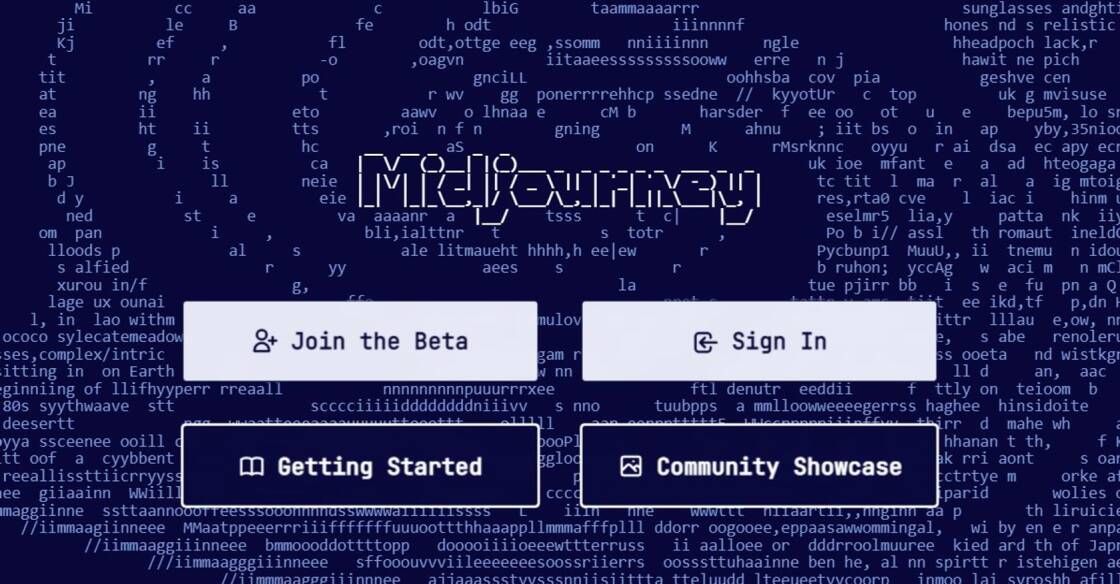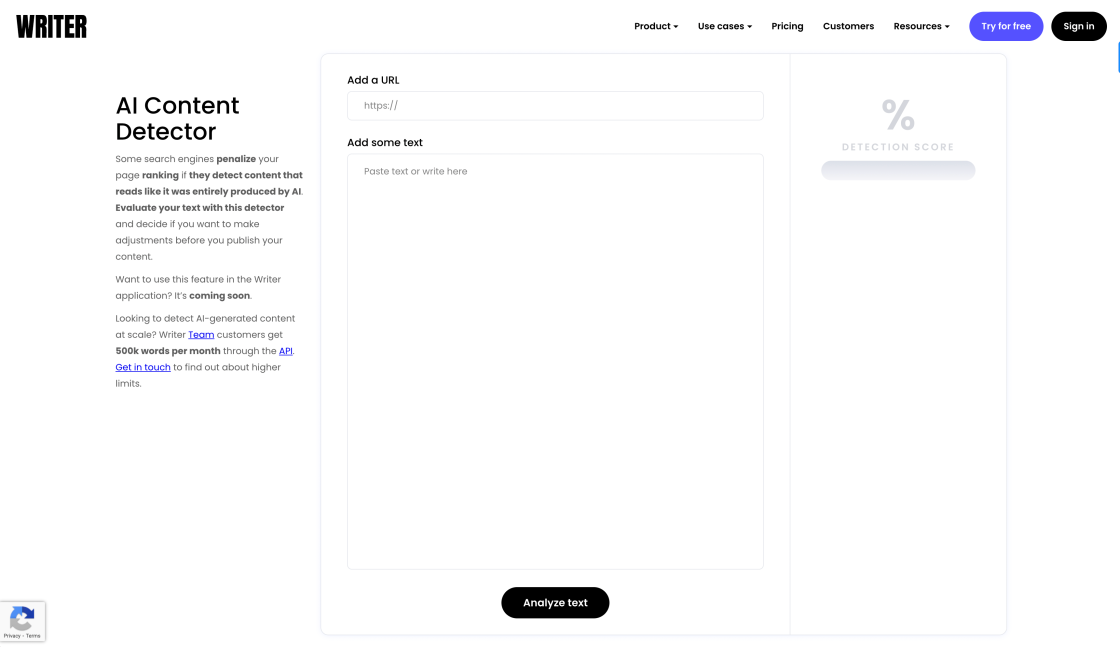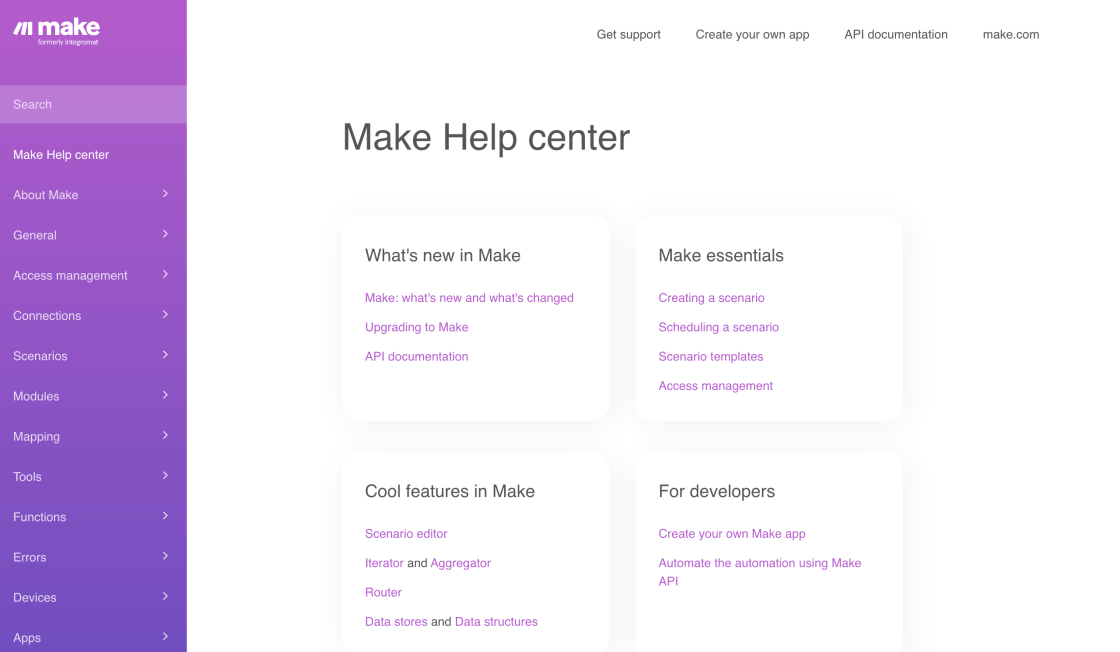

Boxy is an innovative AI coding assistant that can make your coding experience much more manageable. It serves as a virtual companion that can assist you in various programming tasks, including debugging, syntax error checks, and code completion. Boxy can be integrated with several coding environments, such as Visual Studio Code and Sublime Text. This versatile AI tool can help both beginner and experienced coders to develop their projects efficiently. Whether you're working on web development, JavaScript, or Python, Boxy has got you covered. Get ready to enhance your coding experience by meeting your new AI coding assistant – Boxy.
Gitwit is an impressive AI-powered coding accelerator tool designed to help software developers improve their productivity and efficiency. With advanced machine learning algorithms, Gitwit significantly reduces the time and effort required for coding by suggesting code snippets and generating boilerplate code automatically. Developed with an aim to empower developers to focus on building quality software, Gitwit offers a user-friendly interface, enabling developers to work seamlessly across their existing tools and platforms. The tool's cutting-edge technology and continuous updates ensure that developers have access to the latest software development trends and practices, making it an invaluable asset for any software development team.
UNCODE-IT is an AI-powered tool that revolutionizes the world of coding by offering a simpler and smarter way of handling complex lines of code. Designed to simplify the process and make it more accessible for everyone, this techie gem provides users with a summary, description or interpretation of their raw code in a jiffy. With just a click of the "UNCODE" button, users can watch their codes undergo a magical transformation and come out on the other side as a clear and logical analysis. This innovative program is undoubtedly a game-changer for coders who crave simplicity and efficiency.
CodeCommit is a cloud-based version control service designed to help developers manage their web projects. It enables teams to store and track changes to code, collaborate on projects, and maintain a history of all modifications made to the code. With CodeCommit, developers can easily manage their source code, collaborate with team members, and ensure that changes are properly tracked and documented. This service is an essential tool for any web project, and it provides a secure and reliable way for developers to manage their code.
Safurai is an innovative AI code assistant designed to enhance the productivity of developers by offering a range of features such as bug solving, refactoring, documentation creation, code generation, and more. It is a versatile tool that can be used with various integrated development environments (IDEs) including VS Code, VStudio, Intellij, PyCharm and Rider. With Safurai, developers can streamline their coding process, optimize their workflow, and ultimately create high-quality software products in less time. This technology offers a promising solution for developers looking to improve their coding efficiency and streamline their development process.
CodeAssist is an innovative AI assistant that makes programming easier than ever. It is specifically for Intellij and can generate or change code according to your instructions. After installing, you can access it by clicking the "CodeAssist" tab in the bottom-left corner. CodeAssist supports all popular programming languages, making it a great tool for any programmer.

Midjourney
AI art generator based on Stable Diffusion. Their website describes them as "an independent research lab exploring new mediums of thought and expanding the imaginative powers of the human species."

AI Content Detector
AI Content Detector | GPT-3 | ChatGPT - Writer

Casetext
AI-Powered Legal Research

Picsart
AI Writer - Create premium copy for free | Quicktools by Picsart

Make (fomerly Known As Integromat)
Automation Platform

Voice.ai
Custom Voice Solutions

ChatGPT Pro
ChatGPT Plus Access | OpenAI Help Center

GPT-3 Google
GPT-3 Is Quietly Damaging Google Search
GGML is a highly efficient tensor library that has been designed primarily for machine learning applications. Its primary objective is to enable the development of large models with high performance on commodity hardware. As a tensor library, GGML provides developers with a series of pre-built modules and tools designed explicitly for working with tensors, which are a core component of machine learning models. These tools facilitate the creation of complex models with many layers, making it possible to increase the accuracy and speed of the learning process.
The purpose of GGML is to enable developers to harness the power of machine learning more effectively. With its focus on enabling large models and high performance, GGML can make it possible to realize the full potential of machine learning to solve complex problems in fields such as healthcare, finance, and technology. By providing a highly optimized, easy-to-use library, GGML allows developers to focus on their core competencies without worrying about the underlying infrastructure required to support their work. This introduction will explore the key features of GGML and their significance in the field of machine learning.
GGML stands for Generalized Graph Machine Learning, which is a tensor library specifically designed for machine learning. GGML enables high performance and efficient processing of large models on low-end hardware.
GGML is primarily used to enable the development of large machine learning models that require significant computing resources. It provides a range of functionalities for efficient processing of large tensors and matrices.
Yes, GGML is agnostic to machine learning algorithms. Users can integrate GGML with any algorithm or framework as long as it requires tensor operations.
GGML is designed to work efficiently on commodity hardware. However, it is highly recommended to use high-performance hardware, such as GPUs, for improved performance.
Yes, GGML is well-suited for developing deep learning models. Its core functionalities are designed to support deep neural networks and other complex models.
Yes, GGML supports distributed computing through its Distributed Compute Engine feature. This feature enables users to distribute the computation of large models across multiple nodes.
GGML uses optimized algorithms and parallel processing capabilities that enable faster training and inference of models. This approach significantly reduces the time required to train and deploy large models.
Yes, GGML can be used for NLP tasks, including text classification, sentiment analysis, and language translation. NLP models require efficient processing of large amounts of data, and GGML provides the necessary performance optimization for such tasks.
Yes, GGML is an open-source project that is available on GitHub. The library is free to use and can be customized to suit individual needs.
Yes, GGML is designed to provide low-latency processing for real-time applications. Its efficient algorithms and processing capabilities enable fast and accurate predictions, making it ideal for applications such as fraud detection and recommendation engines.
| Competitor | Key Features | Difference |
|---|---|---|
| TensorFlow | - Scikit-learn compatibility - Large model support - Production deployment |
TensorFlow has a more established community and is widely used in industry. |
| PyTorch | - Dynamic computation graph - Easy debugging - Pythonic interface |
PyTorch focuses on flexibility and ease-of-use for researchers. |
| MXNet | - Multi-language support - Distributed training - Dynamic computation graph |
MXNet offers a combination of performance and flexibility, making it suitable for both research and production use. |
| Caffe2 | - High efficiency and usability - Mobile deployment - Prototyping tools |
Caffe2 is designed to be easy to use and deploy for fast prototyping and experimentation. |
GGML is a tensor library that is specifically designed for machine learning purposes. It is an advanced tool that allows developers to create large models and achieve high performance on commodity hardware.
One of the main advantages of GGML is its ability to handle very large datasets. This feature makes it incredibly useful for machine learning applications where the amount of data being processed can be very large.
Another key benefit of GGML is its focus on high performance. The library is optimized to run efficiently on commodity hardware, which means that users can achieve excellent performance even with relatively basic hardware configurations.
In addition to these benefits, GGML is also known for its ease of use. The library is designed to be simple and intuitive, which means that developers can get up and running quickly and easily.
Finally, it's worth noting that GGML is a completely open source library. This means that anyone can download and use the library free of charge, making it an excellent choice for both large corporations and small startups alike.
Overall, if you're involved in machine learning or AI development and are looking for a powerful, easy-to-use library that can handle large datasets and deliver high performance, then GGML is definitely worth checking out.
TOP